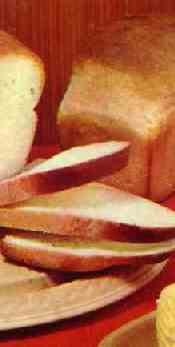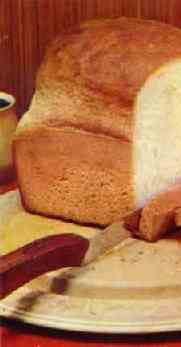|
|
| Suggestion for a secondary school assembly |

|
| How much bread do
you eat in a week? (Perhaps show the pupils 4lb or 1800gms of bread)
|
| Or, if you don't
eat much bread, how much flour do you eat a week in the form of bread, cake,
puddings or biscuits? |
| In February 1917 the
British people were asked to eat no more than four pounds, that is 1800
grammes, of bread per week. And they didn't have crisps to fill up on in those
days! |
| People were also
asked to cut down the amount of meat that they ate so that they had no more
than two and a half pounds, or about 1150 grammes, during a week. And that
included bacon. |

|
The reason for this voluntary
rationing was that Britain was in danger of a serious food shortage. The
country was at war with Germany. Wheat to make flour, and meat, were imported
from other countries like America, Argentine, Australia and New Zealand, and it
was difficult for ships bringing the foodstuffs to cross the sea safely
|
| How would you feel if you were
asked to eat less so that there was enough to go round? |
| A great Indian leader, Mahatma
Gandhi, advised people to 'live simply so that others may simply live'. What he
meant was that there would be enough for everyone if people took no more than
they each really needed. But if we take more than we really need, others will
have to do without. They might have so little that they die. |
| Later in
1917 a system of compulsory food rationing was introduced and perhaps that was
necessary because people were too thoughtless or too selfish to adopt a
voluntary system of rationing. Perhaps people did not realise how serious the
food shortages were. Perhaps compulsory rationing is the fairest way of making
sure that everyone has enough and no one has too much. But we ought to
think about the needs of others as well as our own and commit ourselves to a
fair sharing. |
| |
Return to the Hibbert Assembly Main Index
|



